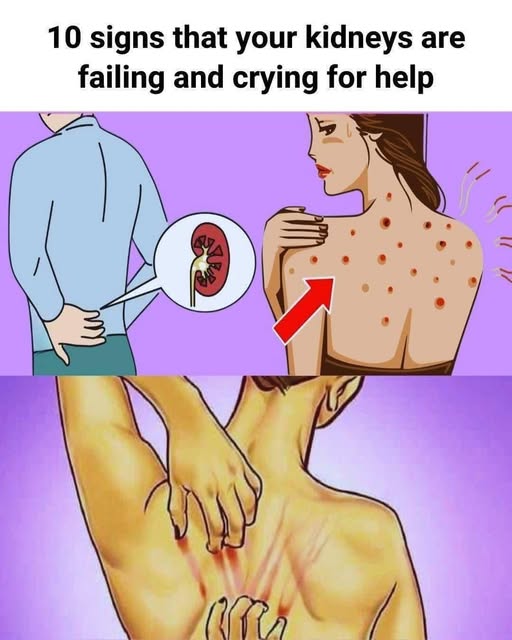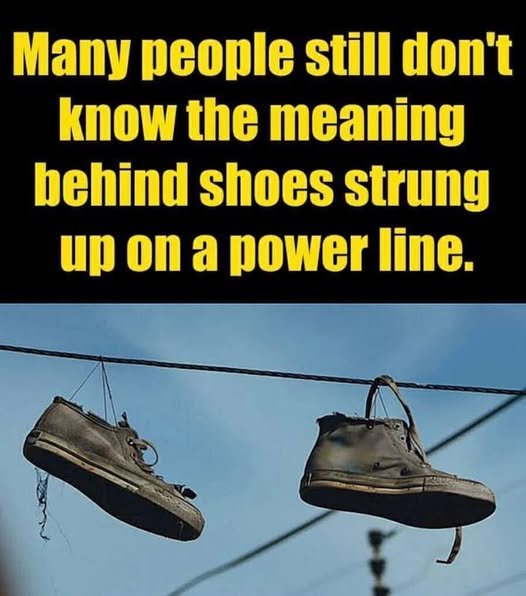If Your Kidneys Are in Danger, the Body Will Show these 10 Signs
Kidney disease occurs when the kidneys are damaged and unable to function properly. The kidneys play a vital role in filtering waste and balancing fluids and electrolytes in the body. Early detection and treatment are crucial to prevent further damage.

Role of the Kidneys:
The kidneys filter blood, remove waste, and help control blood pressure and electrolyte balance. Healthy kidneys filter around 120-150 quarts of blood daily.

What is Kidney Disease?
Kidney disease, or renal disease, happens when the kidneys are damaged, leading to reduced function. Causes include high blood pressure, diabetes, infections, and genetic factors. If untreated, kidney disease can progress to kidney failure, requiring dialysis or a transplant.
Signs of Kidney Disease:
- Changes in Urination – Increased frequency, foamy, or decreased urine.
- Fatigue and Weakness – Due to anemia, causing persistent tiredness.
- Swelling – Fluid buildup, leading to swelling in hands, legs, or face.
- Back Pain – Pain just below the ribcage.
- Weight Loss/Loss of Appetite – Due to waste buildup.
- Nausea and Vomiting – Especially in the morning.
- Difficulty Sleeping – Caused by cramps or frequent urination.
- Metallic Taste – Due to waste products in the blood.
- Muscle Cramps – Result of electrolyte imbalances.
- Itchy Skin – Caused by toxin buildup.
Prevention:
Living a healthy lifestyle is key—eat well, exercise, stay hydrated, and avoid smoking or excessive alcohol. Be mindful of medications and always follow instructions. If at risk, get tested early to prevent kidney disease progression.
Early detection and treatment are vital for managing kidney health.





